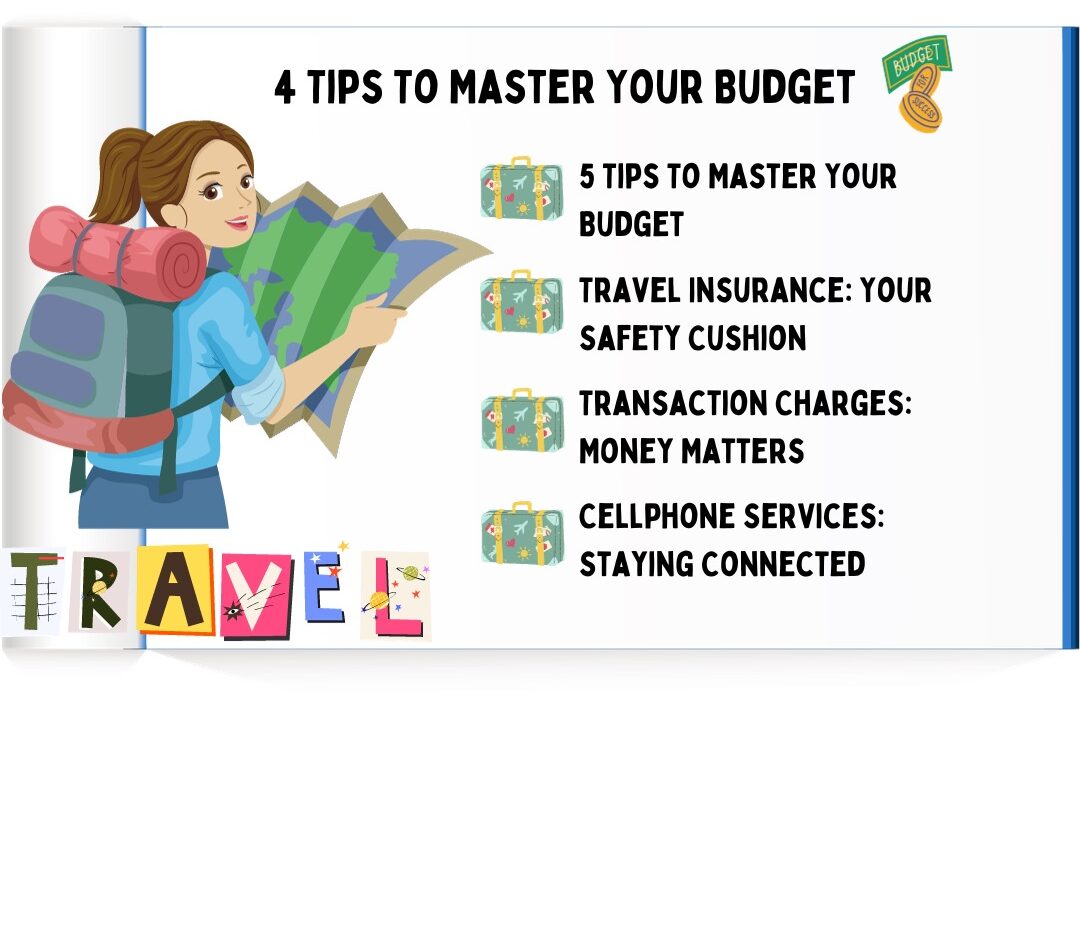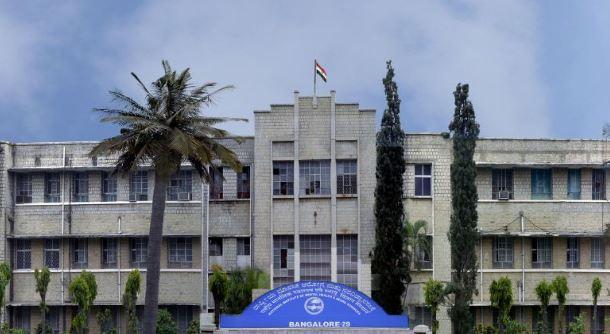Travelling Expenses: 5 Tips To Master Your Budget

So, you’re all set for your first international adventure, right? That’s awesome! But hold on, there are a few things you need to think about apart from booking your flights and hotels. We’re here to make it super simple for you. Let’s dive in and explore the important stuff together!
1. Passport and Visa: Your Travel Tickets
Passport:
Okay, first things first. If you don’t have a passport yet, no worries! But you need to apply for one well in advance before your trip. It’s like your golden ticket to international travel. The cost for a regular passport application is around Rs 1,500, but if you’re in a hurry, a tatkal application will cost you about Rs 2,000.
And here’s the thing, make sure your passport is valid for at least six months from the day you plan to arrive at your destination. Different places have different rules, and airlines won’t let you on the plane if your passport is about to expire.
Visa:
Now, visas are like permission slips from the countries you’re visiting. Some places let Indians visit without a visa for short trips (cool, right?). But for others, like Thailand, Vietnam, or Kenya, you can get a ‘visa-on-arrival’ when you land. Just remember, some destinations charge a fee when you enter or leave, so keep an eye out for those extra costs.
2. Travel Insurance: Your Safety Cushion
Alright, let’s talk about travel insurance. This is like your safety net when you’re exploring new horizons. It might cost you around 4% to 10% of your total trip cost if you get it along with a tour package. But trust us, it’s totally worth it.
Travel insurance covers all sorts of emergencies, like medical issues, flight cancellations, and even if your stuff gets swiped. When you’re in a foreign land, knowing you’re protected is a huge relief.
3. Transaction Charges: Money Matters
Money matters, right? When you’re enjoying your trip, you’ll be dining out, shopping, and whatnot. But there’s a catch when you use your credit card abroad. They often add a 1% to 4% charge on your purchases.
Here’s a tip: think about getting a prepaid forex card. It’s like a magic card you load with the currency of the country you’re visiting. Or if you’re going to more than one place, carrying a bit of US dollars can be a lifesaver since they’re widely accepted.
But remember, don’t carry wads of cash—it’s not safe. If you need more local currency, use a foreign exchange counter, like Western Union.
4. Cellphone Services: Staying Connected
You’d want to stay connected, right? So, check with your mobile network about international services and charges for the country you’re visiting. They might charge you somewhere between Rs 100 to Rs 600 per day. But it’s a good idea to sort this out before you hop on the plane.
Here’s a smart move: use hotel Wi-Fi or public hotspots for regular calls through apps like WhatsApp or Skype. Save your mobile data for emergencies or when there’s no Wi-Fi around.
In a nutshell, getting ready for your first international trip means more than just booking your tickets and a place to crash. By keeping these expenses in mind, you’ll be all set to embark on your global adventure with confidence. Happy travels!
FAQs:
Q1: How long does it take to get a passport?
A1: Passport processing times vary, so apply well in advance to make sure you get it on time.
Q2: What’s a visa, and do I need one for international travel?
A2: A visa is like a travel permit issued by foreign countries. Whether you need one depends on where you’re from and where you’re going.
Q3: When should I get travel insurance?
A3: Always! It’s crucial for any international trip to protect yourself from unexpected surprises.
Q4: How can I avoid high transaction fees when using credit cards abroad?
A4: Consider prepaid forex cards and check if your bank offers credit cards with lower foreign transaction fees.
Q5: How can I stay in touch with folks back home without crazy charges?
A5: Use Wi-Fi for regular calls using apps like WhatsApp, and save your mobile data for emergencies or Wi-Fi dead zones.







